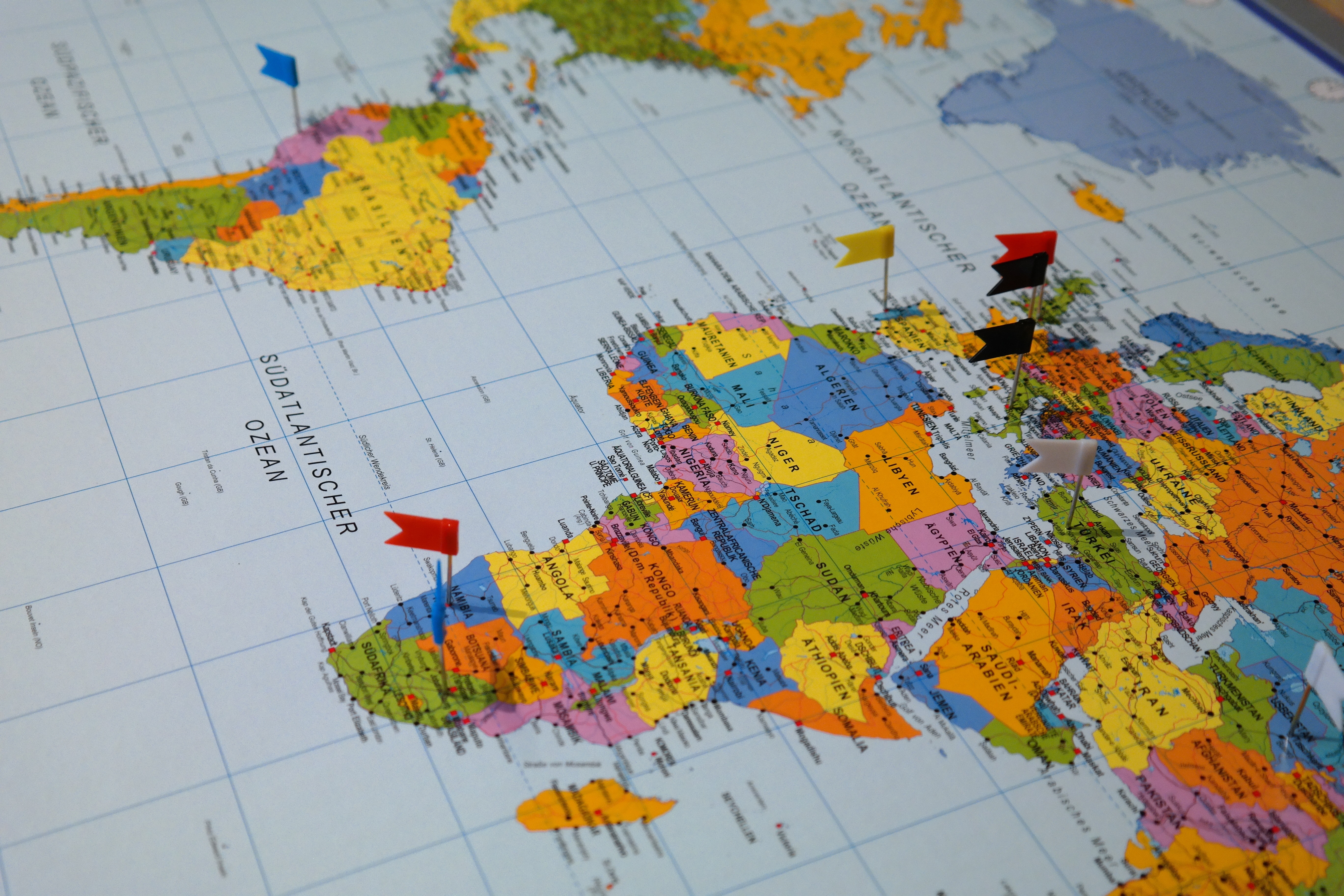As international travel resumes, it is important to review and implement the necessary controls for non-U.S. persons and make certain your company is in compliance with U.S. regulations.
A U.S. person, in terms of export licensing, is any U.S. citizen, lawful permanent resident (i.e. Green Card holder), or individual who is granted status as a “protected person” under 8 U.S.C. 1324 b(a)(3). It also includes dual-citizens of the U.S. and another country. Foreign Nationals are non-U.S. persons (including those with work authorizations). Additionally, U.S. persons who represent foreign companies should be treated as a foreign national when visiting a U.S. company. For non-U.S. person employees, it may be necessary to secure BIS or DDTC licensing for those employees to access controlled technical data and/or product depending on their requirement for access to controlled technical data/technology. Additionally, if you have foreign national employees, it is important to have a technology control plan in place. These controls will allow all employees to know their obligations regarding safeguarding technical data from those who require licensing for access to it. Training of all supervisors of foreign employees should also be conducted annually to review the technology control plans and requirements for restrictions to non-U.S. employees.
This Blog is made available by Wilmarth & Associates for educational purposes as well as to give you general information and a general understanding of export law and compliance, not to provide specific legal advice. This blog is not legal advice and should not be treated as such. You must not rely on this blog as an alternative to legal advice from your attorney or other professional legal services provider. The information provided on this website is presented “as is” without any representations or warranties, express or implied.





